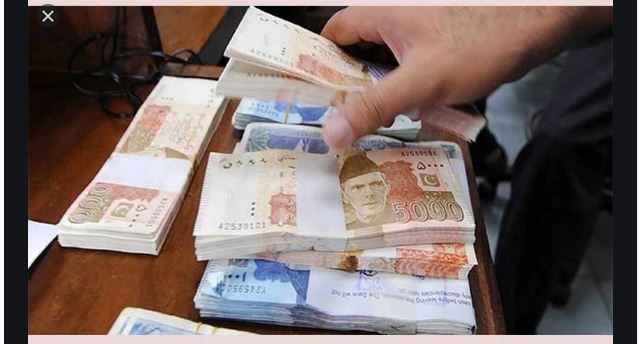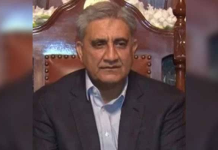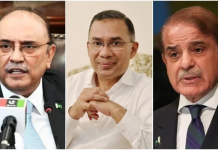DNA
KARACHI, MAR 26 – Pakistan Businesses Forum (PBF) says on Friday that State Owned Entities (SOEs) are state assets as long as they are profitable, but some of the Pakistan’s SOEs have turned liabilities and have reached a point of no return. In the best interest of the state and the public money, these SOEs may be privatised.
PBF Vice President Ahmad Jawad said Pakistan is a struggling economy; it cannot make swift economic moves carrying such baggage. Privatising state entities doesn’t mean giving up on an economic mission or accepting a defeat, it’s more about making the right choices timely, Raja added. The time is ripe to make economic reforms on all fronts, government may continue its economic agenda by curtailing the losses in State Owned Enterprises (SOE’s). Therefore, cash bleeding SOEs need to be privatized with the ratio of 49% shares including management on priority basis. Government should retain maximum share but private sector must be engaged for independent and smooth operations these state owned entities.
As per the report of the finance division, the top 10 loss-making Public Sector Enterprises included National Highway Authority (NHA) Rs173 billion, then PIA Rs56 billion, QESCO Rs36.8 billion, LESCO Rs36.6 billion, PESCO Rs29.2 billion, MEPCO Rs22.7 billion, Zarai Taraqiati Bank (ZTBL) Rs18.1 billion, Pakistan Steel Mills Rs16.5 billion, SEPCO Rs10.9 billion, and Pakistan Post Offices Rs9.13 billion in the fiscal year 2019. Pakistan’s State-Owned Enterprises (SOEs) continued to face accumulated cash bleeding in the last two fiscal years (the FY2018 and FY2019) to the tune of Rs429 billion. Considering the current economic conditions in the country, this amount is almost equal to an annual budget of a provincial government. This Rs429 billion could be utilized for Ehsaas Program, Naya Pakistan Housing Authority for low income groups or could even be spent for facilitation of industrial sector, he added.
On the SBP autonmy proposed bill, Jawad viewed State Bank of Pakistan is the institution whose decisions can change the business environment and impact crucial economic indicators like unemployment, budget deficit, speed of accumulation of debt and progress towards many of the Sustainable Development Goals. Therefore it is imperative relevant check and balance must be there on SBP and it’s policies because ultimately government is accountable infront of public in the democracies.

















